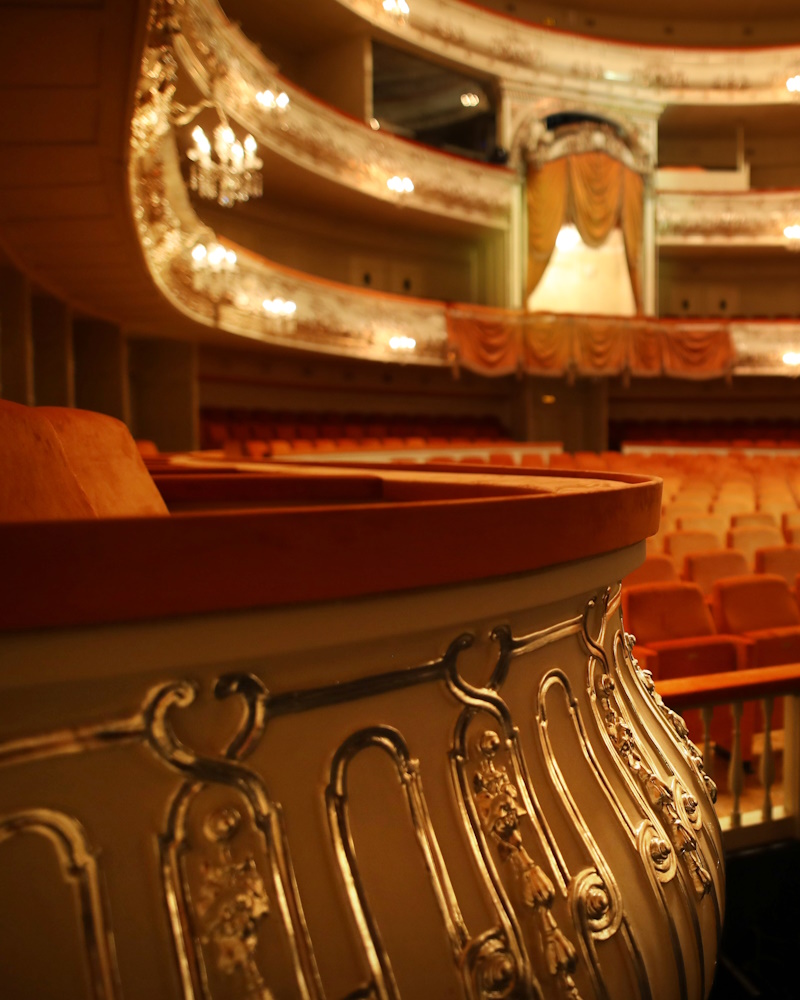Boris the Tsar
Music and Literature composition in four acts
Cast
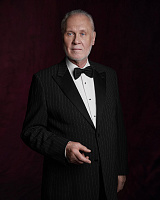
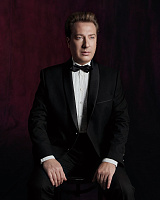
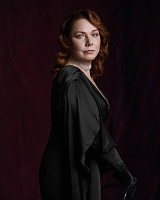



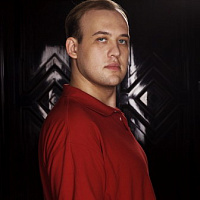
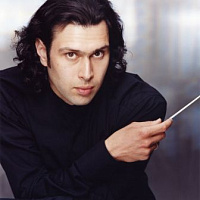
Nikolay Karamzin’s text is recited by Maly Drama Theatre actress Elena Kalinina";s:4:"TYPE";s:4:"html";}
First performance using the period instruments by The Orchestra of the Age of Enlightenment (London, UK)
Vladimir Jurowski, Principal Conductor of the Svetlanov State Academic Symphony Orchestra of Russia, Principal Guest Conductor of the London Philharmonic Orchestra, and a member of a celebrated musical dynasty, is bringing his own original interpretation of the legendary Russian opera to the Mikhailovsky Theatre. His musical and literary presentation, titled Tsar Boris, which he will conduct himself, will be performed for the first time in St. Petersburg on authentic instruments by the Orchestra of the Age of Enlightenment. The literary and theatrical composition, featuring the original text of the first version of Boris Godunov and including material from Nikolay Karamzin’s History of the Russian State, is directed by Vitaly Fialkovsky.
Along with the Mikhailovsky Theatre Chorus and the company’s leading opera soloists, the production will also feature Maly Drama Theatre actress Elena Kalinina.
Modest Mussorgsky’s great opera Boris Godunov has a unique history. Almost no other Russian opera has been subjected to so many persistent attempts to replace the original with various new versions and just as many endeavours to return to the original source.
When Mussorgsky first presented his completed score for Boris Godunov to the Imperial Theatres Board in 1869, the opera was not approved for staging. The official reason given by the Board to justify its decision was the absence of a prominent female character — a mandatory requirement in nineteenth-century theatrical tradition.
In 1872, Mussorgsky completed the second, revised version (including the ‘Polish’ act with the False Dmitry’s love interest, Marina Mnishek, as well as a new finale, featuring the popular mass uprising at Kromi). The opera was first performed at the Mariinsky Theatre on 8 February 1874.
It was a long time before Boris Godunov finally garnered the interest of the world’s musical community. In fact, up until the appearance of Rimsky-Korsakov’s new orchestration in 1896 (after the composer’s death) and its triumphant performance during Diaghilev’s Russian Seasons in Paris in 1908, with the legendary Feodor Chaliapin in the title role, Mussorgsky’s masterpiece remained unrecognized and unappreciated by his contemporaries.
The existence of the composer’s first draft of Boris Godunov remained virtually unknown to the general public for more than fifty years. Its long and tortuous stage history was due to the need to explore the original 1869 score as an original work in its own right, embodying Mussorgsky’s rather idiosyncratic artistic and philosophical conception. This conception is quite different not only from his own later version and Rimsky-Korsakov’s orchestration, which is the most frequently performed, but also from all the later twentieth-century orchestral versions by Pavel Lamm, Dmitri Shostakovich, John Gutmann, and Karol Rathaus.
Music and literature composition in four acts based on original version of Modest Mussorgsky’s opera Boris Godunov (1869) and Nikolay Karamzin’s texts
First performance using the period instruments by The Orchestra of the Age of Enlightenment (London, UK)
Musical Director of the production and Сonductor: Vladimir Jurowski
Literature composition, Stage version: Vitaly Fialkovsky
Lighting Designer: Alexander Kibitkin
Assistant Conductor: Igor Tomashevsky
Principal Pianist: Marc Veiner, Maria Kopyseva
Principal Chorus Master: Vladimir Stolpovskikh
Assistant to Stage Director responsible for the Chorus: Tatiana Zelinskaya
Stage Manager: Olga Kokh
Assistant to Stage Manager: Elena Piskunova

